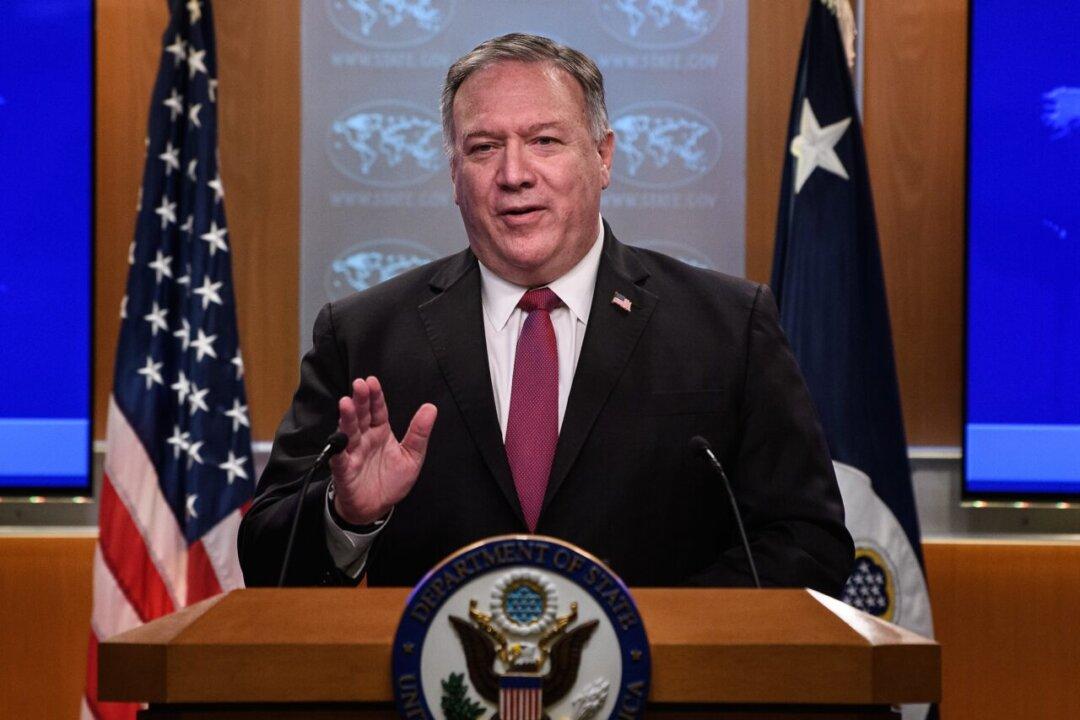U.S. Secretary of State Mike Pompeo on Dec. 4 announced visa restrictions on Chinese Communist Party (CCP) officials who are involved in malign foreign influence activities.
The State Department may now deny entry to officials in the regime’s United Front Work Department (UFWD) “who have engaged in malign activities to co-opt and coerce those who oppose Beijing’s policies,” Pompeo wrote in a tweet.





